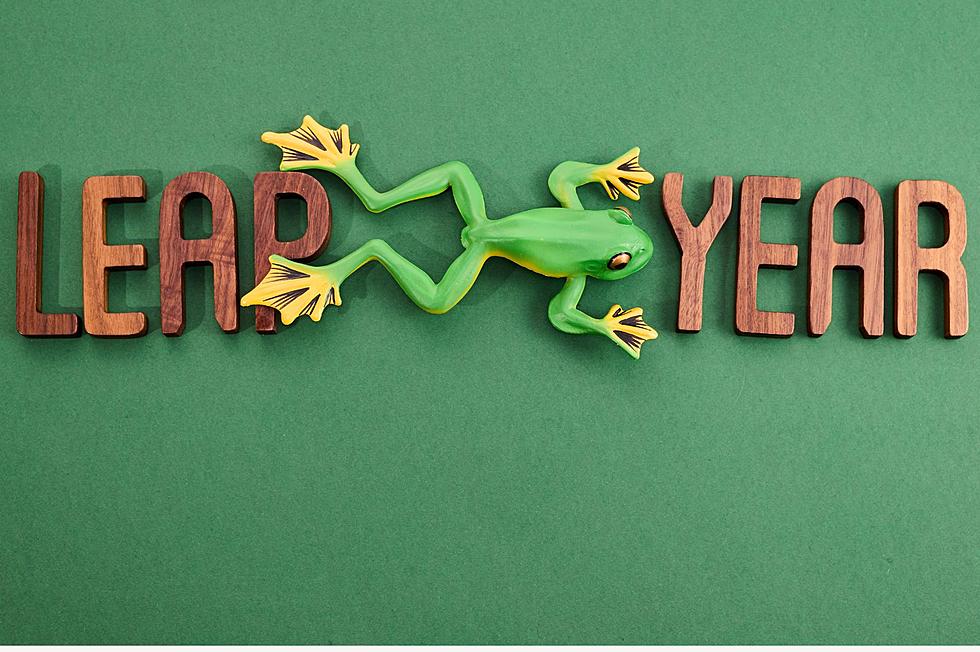
New Yorkers Don’t Believe We Don’t Actually Have Leap Years EVERY Four Years
Contrary to popular belief, leap years don't actually occur EVERY four years, as 10 out of 10 New Yorkers we surveyed were surprised to learn.

So why do we have leap years? According to the Smithsonian National Air and Space Museum, they help keep our months in sync with important annual events like equinoxes and solstices. Leap years act as a correction because Earth's orbit is not exactly 365 days per year; it takes about six hours longer, as noted by NASA.
Also, it turns out that not every fourth year is a leap year. Adding a leap day every four years would make the calendar longer by over 44 minutes, as stated by the National Air & Space Museum. A rule was established to address this: years divisible by 100 do not follow the four-year leap day rule unless they are also divisible by 400.
In the past 500 years, leap days were skipped in 1700, 1800, and 1900, but 2000 had one. Looking ahead, if the practice continues, there will be no leap day in 2100, 2200, 2300, and 2500.
SEE ALSO: 24 Famous People From New York Who Celebrate the Rarest Birthday
So what would happen if we stopped having leap years altogether? Well, stopping them would eventually lead to major disruptions in the alignment of seasons, equinoxes, and other significant events. According to experts, without leap years, after a few hundred years, we would experience summer in November, Christmas in summer, and a complete absence of the traditional winter feeling.
Being born on a leap day can be quite a paperwork hassle for the estimated 5 million people worldwide who share this unique birthday. Governments and other institutions have stepped in to determine whether leaplings should celebrate their birthday on February 28 or March 1 for paperwork purposes, such as driver's licenses.
SEE ALSO: New York's Most Common Birthday Date Revealed
Technological advancements have made it easier for Leap Day babies to document their February 29 milestones. However, some complications can arise with healthcare systems, insurance policies, and businesses that don't have this date built into their systems.
Looking ahead, the next leap years will occur in 2028, 2032, and 2036.
24 Famous People From New York Who Were Born on Leap-Day
Gallery Credit: Traci Taylor
11 Baby Names Banned in New York
Gallery Credit: Traci Taylor
More From WIBX 950







